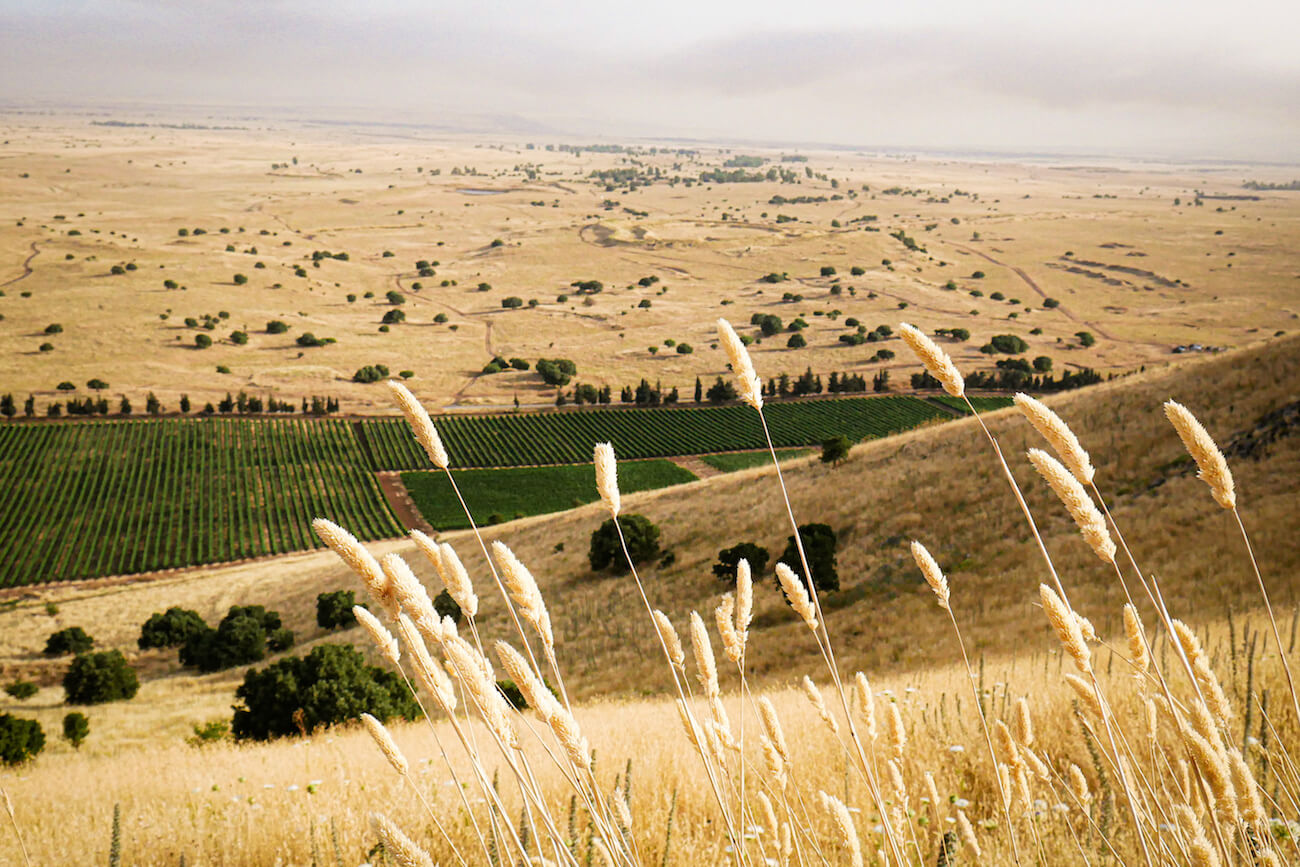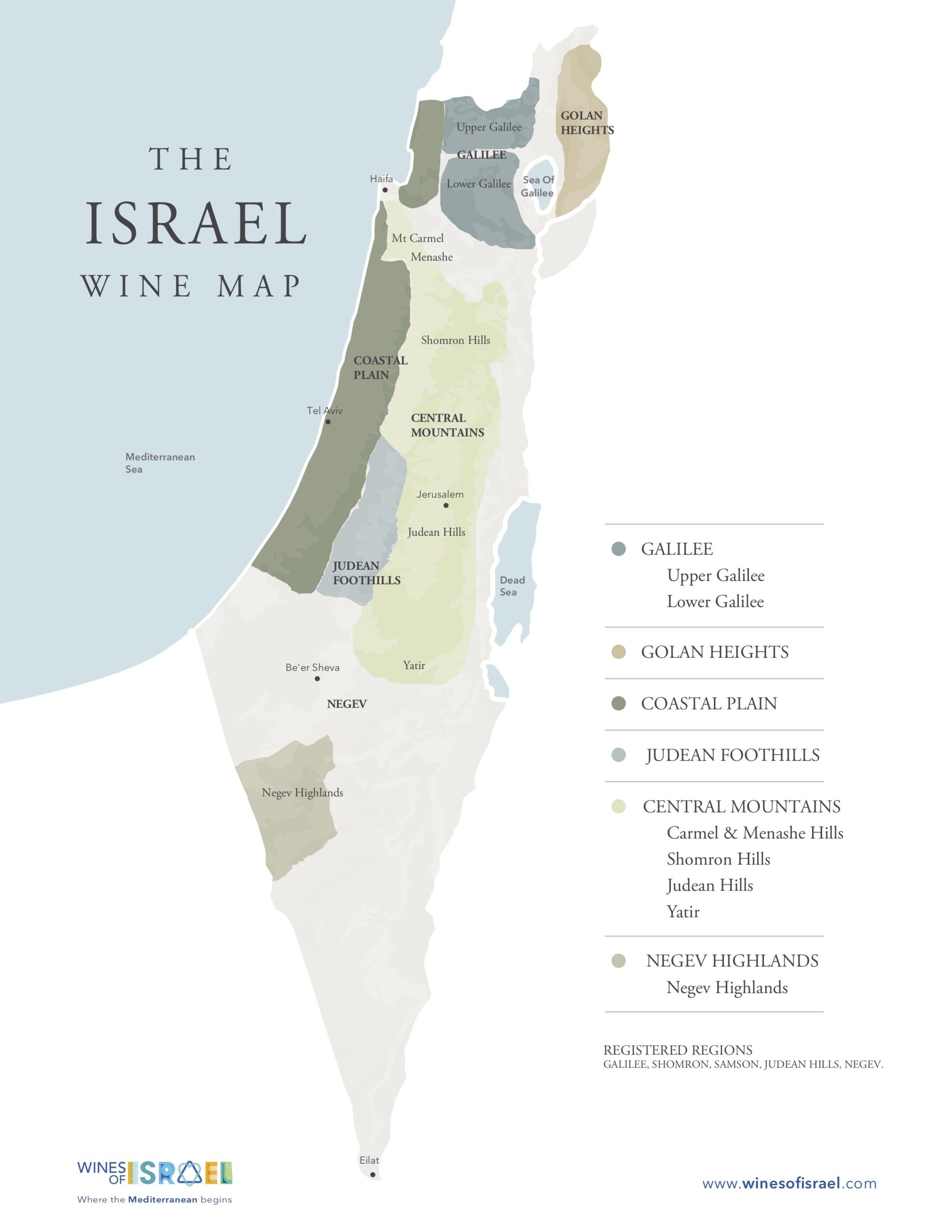Wines of Israel Offers an Unparalleled Diversity of Exciting Fine Wines

One of the Mediterranean’s most climactically diverse winemaking nations, Israel, lays claim to a vinous tradition as ancient as it is modern—and as versatile at is distinct. A full millennia before Europe was planted to the vine, the area that would later become Israel was a cornerstone of the Mediterranean wine trade, producing wines beloved by kings and commoners alike.
The twenty-first century has seen the Wines of Israel undergo a quality revolution of Modern Mediterranean Winemaking powered by enterprising, diverse producers both young and old, big and small, and traditional and avant garde, all sharing common values:
- Reverence for the land, a focus on sustainable practices, and a holistic view of ecology that sees vineyards as just one part of an overall environmental balance
- Complex, terroir-transparent fines wines that speak of their origins with confidence and refinement
- A focus on playing Israel’s myriad, often extreme microclimates to their advantage by producing a diverse range of bottlings
- Tremendous value at all quality levels
Discover the wines of Israel:
Wines of Israel, an unparalleled diversity of terroirs:

Discover the unique microclimates that make Israel one of the Mediterranean’s most exciting wine producing nations:
Galilee: The Galilee is the mountainous north of Israel, and is divided into the Upper and Lower Galilee sub-regions, which together account for about 25 percent of the country’s production.
Golan Heights: The volcanic soil of the Golan Heights was first planted with quality wine grapes in 1976. It is the region that first drew the world’s attention to Israeli wines and today accounts for about 18 percent of Israel’s production.
Central Mountains: The Central Mountains start in Haifa and run down the spine of the country past Jerusalem. The five sub-regions of Mount Carmel, the Menashe Hills, the Shomron Hills, and the Judean Hills together account for about 11 percent of Israel’s production.
Coastal Plain: The hot and humid Coastal Plain was one of the areas planted by Baron Edmond de Rothschild in the 1880s. Although the main growing areas in Israel have moved to regions with higher elevation and cooler climate, the Coastal Plain still accounts for about 15 percent of Israeli production.
Judean Foothills: Lying between Tel Aviv and Jerusalem, the Judean Foothills region consists of many small vineyards and wineries. The region was known for its wine in Biblical times and today is Israel’s largest growing area, with 27 percent of the country’s production.


